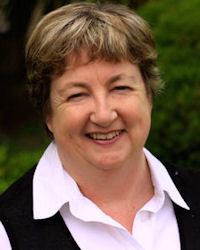
Ms Megan Haire
Clinical Psychologist, Counsellor
Megan Haire Psychology
Orange, NSW 2800
Now Retired from private practice
For enquiries or file requests, call or text Megan on 0416 131 745 or email her at: meganhairepsychology@gmail.com

Now Retired from private practice
For enquiries or file requests, call or text Megan on 0416 131 745 or email her at: meganhairepsychology@gmail.com